Category: General Doctrine
-
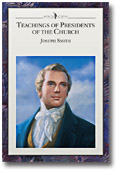
Making Mormon Documents Available
Following each General Conference I prepare a list of “Conference Books”—the works cited by speakers in the printed version of their talks. The list is always fascinating. But this time I noticed something that led me to rethink one aspect of the Church’s manuals: availability.
-
Elder Cook and Theodicy
My last year at BYU, I sat through an Elders Quorum lesson where the teacher discussed the etymology of “atonement.” I was skeptical that it actually derived from “at-one-ment,” and, immediately after church ended, I walked across campus to the Writing Center, keyed in my code, and pulled out the Center’s OED.[fn1] And, to my…
-

Creationism and LDS Seminary
It’s late September and LDS high school students really should be back at school … and back at seminary. This year’s course of study is the Old Testament, which covers (or has already covered) Genesis 1 and the Creation. I hope LDS seminary teachers can teach Creation without teaching Creationism. But I fear some LDS…
-
Books of Interest to the LDS Nerd
A few of these are forthcoming, a few have appeared recently. I am compelled to read them all, as soon as I can get to them. Now Available Charles Harrel,“This Is My Doctrine”: The Development of Mormon Theology (Kofford Books) “In this first-of-its-kind comprehensive treatment of the development of Mormon theology, Charles Harrell traces the…
-
Doctrine and Practice
I enjoyed Alison’s post from a couple of weeks ago, Does Gender Matter?, but I’m a little confused how the pieces fit together. The post appears to accept the nonscriptural, uncanonized Proclamation at face value, stating: “Gender is part of who we are and who we have always been. It is important. It matters.” That…
-

Taking Section 89 Seriously
Which revelations we cherish and consider central, and which one’s we sideline and (sometimes literally) forget is surely a result of a complex host of variables. Local culture and politics are obviously a huge deal. The Word of Wisdom is a revelation that is particularly interesting
-
Making Mormons in the 21st Century
Jan Shipps always has something interesting to say about Mormonism. An essay you might not have run across is “Making Saints: In the Early Days and the Latter Days,” in Contemporary Mormonism: Social Science Perspectives (Univ. of Illinois Press, 1994). It turns out that becoming a Latter-day Saint (or acquiring the characteristics of Mormon ethnicity)…
-
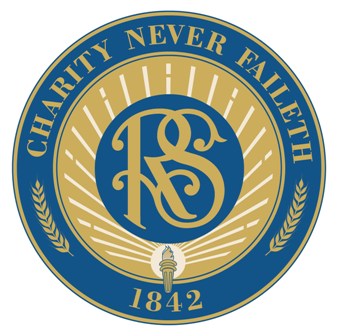
Sunday Morning Session
President Henry B. Eyring conducting. Discourses by President Dieter F. Uchtdorf, Elder Paul B. Johnson, Bishop H. David Burton, Sister Silvia H. Allred, Elder David A. Bednar and President Thomas S. Monson. Perhaps even more so than previous sessions, the theme of this session was the Church Welfare program. President Eyring mentioned the 75th anniversary…
-
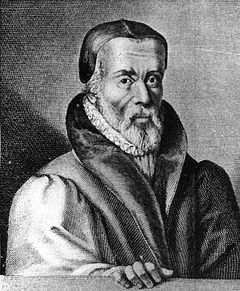
Saturday Afternoon Session
Pres. Uchtdorf conducted again, and following the customary audit report and statistical report, talks were given by Elder Boyd K. Packer, Elder Russell M. Nelson, Elder Russell J. Maynes, Elder Cecil O. Samuelsen, Elder Dallin H. Oaks and Elder M. Russell Ballard.
-
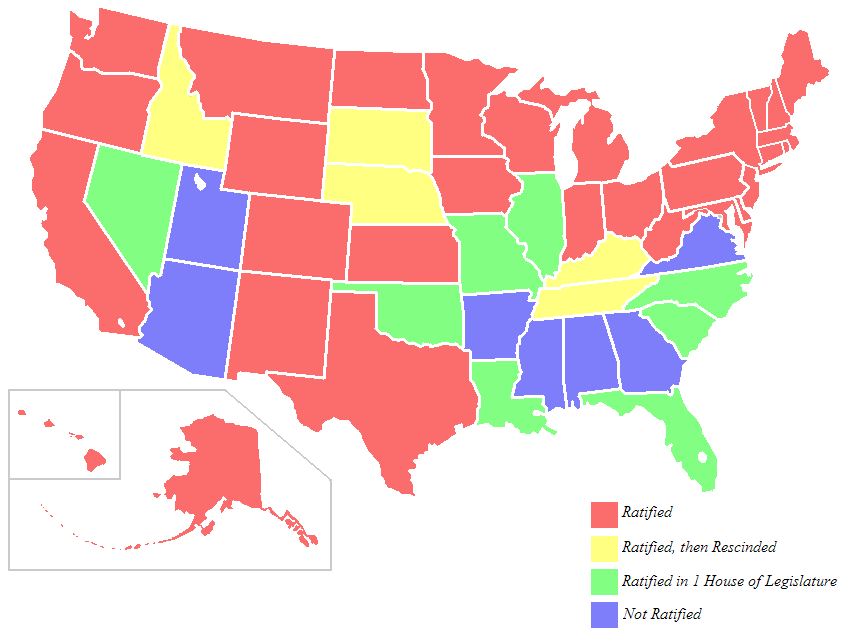
Balancing Political Positions with the Church and the Gospel
My earliest memory of conflict over Church decisions came because of a local stake division and boundary changes.I remember my mother venting about how one high councilor in one stake prevented the boundary change from following local political boundaries, which would have, in my mother’s view, give Church members a more unified voice in local…
-

Tsunami
I am sure that many of you have been following the stunning events in Japan: earthquake, tsunami, meltdown. Our first personal reaction to such events is always concern and sympathy for those swept up in the ongoing human tragedy. The first LDS institutional response, when resources are available, is to forward relief supplies and helping…
-

Peace
Sometimes unintentional mistakes lead to interesting lines of thought. A few weeks ago I misheard a speaker in an LDS meeting. The speaker was quoting John 14:27, and either because of the speaker’s mispronunciation or my imperfect hearing, I heard the word “live” instead of the word “leave.” This lead me to think about what…
-
Notable Race-Related Changes to Footnotes and Chapter Headings in the Standard Works
Marvin Perkins is a Latter-day Saint music producer who is currently the Public Affairs Co-chair for the Genesis Group and who has worked to nurture understanding between African Americans and Latter-day Saints and attack misconceptions (see our 12 Questions series with Brother Perkins from 2009). This morning, Brother Perkins circulated the following email to his…
-
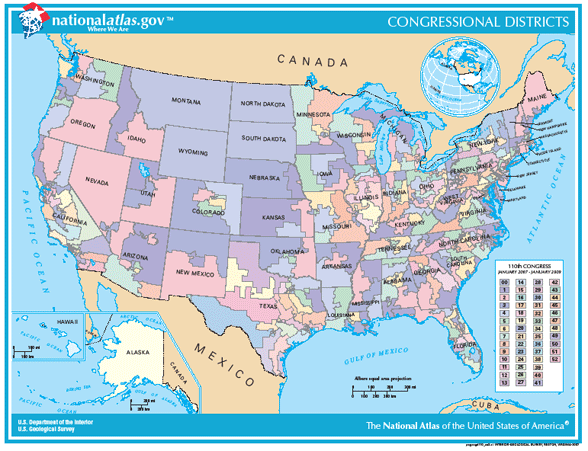
Apportionment tomorrow likely means more Mormons in U. S. Congress
On December 21st the U.S. Census Bureau will release the initial results of the 2010 census and indicate which states will gain members of Congress and which states will lose members of Congress. From the estimates made by third parties, it seems likely that the number of Mormons in Congress will increase as a result.
-
Church and Family
After a flurry of posts related to the new edition of the CHI (now titled Handbook 1 and Handbook 2), the Bloggernacle has fallen silent. (The Salt Lake Tribune has followed up with a helpful article.) One of the new features of Handbook 2 (“H2”) highlighted in the worldwide training broadcast is the three introductory…
-
Why would our Heavenly Father do that to anyone?
It’s a vexing question, asked frequently and nearly always plaintively. President Boyd K. Packer asked it rhetorically this week, supporting and strongly affirming the church’s stance on sexuality and marriage. He stated: We teach the standard of moral conduct that will protect us from Satan’s many substitutes and counterfeits for marriage. We must understand that…
-
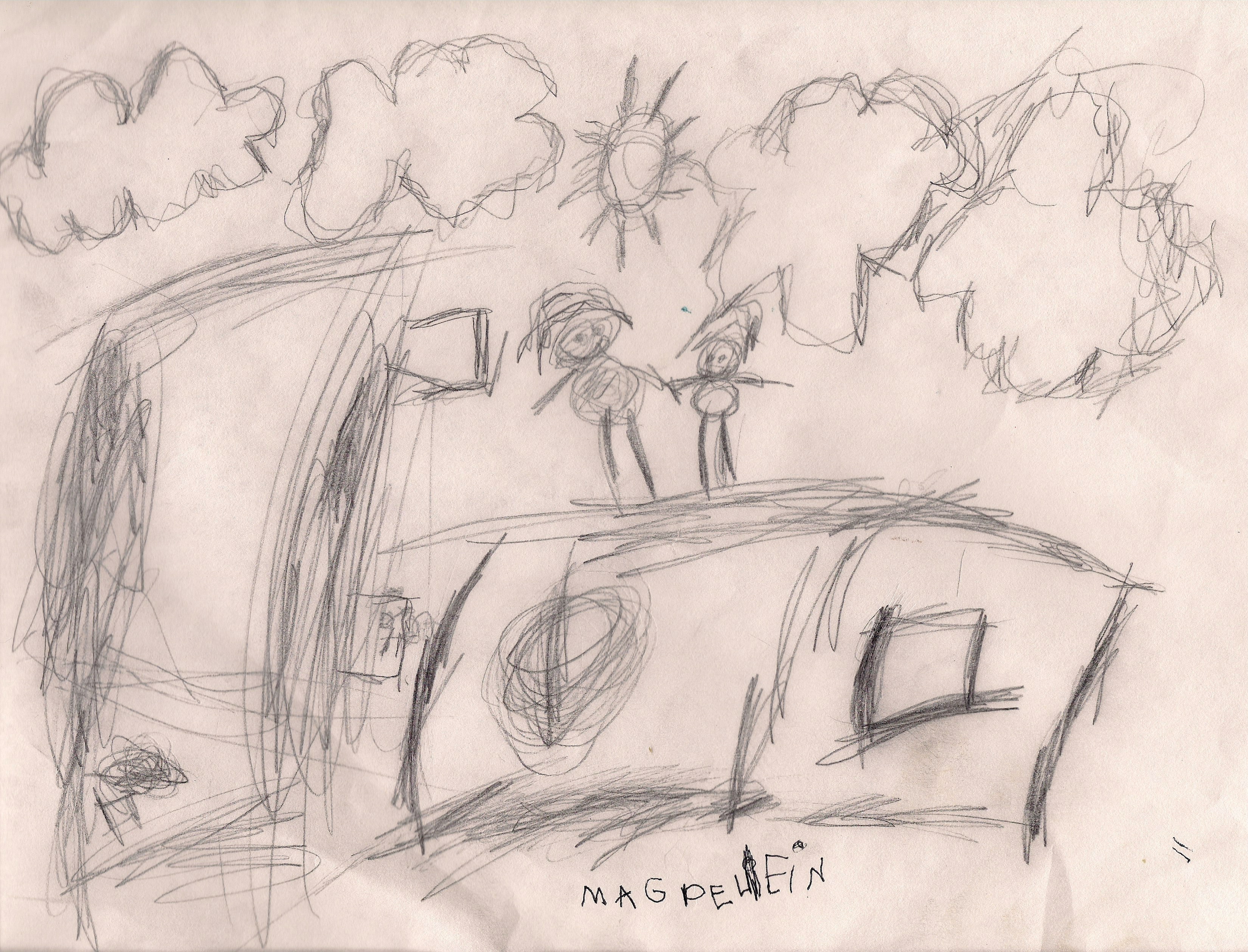
In Praise of Heavenly Mother
I had a rather formative and utterly unique experience in Elders Quorum a few years ago. I taught the Mother’s Day lesson and at the end, after bearing my testimony, not one soul said “Amen.”
-

An Apostle on Muslims
Yesterday, I read the following comments on Muslims by an LDS Apostle: I am aware it is not without a great deal of prejudice that we as Europeans, and Americans, and Christians in religion and in our education, so called, have looked down upon the history of Muhammad, or even the name; and even now…
-

The End of the World
I took a stroll through the End of the World last week. Brought the wife and kids and a picnic lunch. It was beautiful, as always. But one of these days (and it won’t be long) it will be gone. Maybe us too.
-

How to write a revelation
I have been working on a paper looking at the Doctrine and Covenants, and my research has me thinking about how the texts of modern revelation were produced. I think that there are a lot of Mormons who assume that the words of the revelations in the Doctrine and Covenants were dictated word for word…
-
Reincarnation, Mormon style
In a PEW survey a few months back, 24% of American adults indicated that they believed in reincarnation (ie, that people will be reborn into this world again and again). Apparently many Christians don’t have a problem overlapping their Christianity with Eastern beliefs.
-
Inoculation Works
I finally picked up and read a copy of Simon Southerton’s Losing a Lost Tribe: Native Americans, DNA, and the Mormon Church (Signature, 2004) a couple of weeks ago. Yet I still attended church last week and have not drafted a resignation letter. Inoculation works. There’s nothing particularly new in the book — it summarizes…
-
A Reading of President Packer’s “Presiding in the Home”
During a great discussion of our most recent general conference, one very bright young woman in my class sincerely asked, “President Packer said that ‘the father presides at the table’ – and I just want to know what that means.”
-
Saying RINO, DINO, MINO is KINO!
One comment I saw recently, after Senator Bob Bennett lost the Republican nomination to retain his seat, approved the move by the Utah Republican Party, saying that Bennett is a RINO.
-

Claremont Conference: What Is Mormon Studies?
The Claremont Mormon Studies Student Association is holding its Spring 2010 Conference on April 23 and 24 on the theme What Is Mormon Studies? Transdisciplinary Inquiries into an Emerging Field. The Conference line-up is as follows: Keynote Address Jan Shipps – Indiana University-Purdue University Critical Approaches to Mormon Studies Loyd Ericson – “Where is the…
-
Hope and Children
Faith and charity get plenty of attention, but hope not so much. Pessimism, it seems, has become one of the guiding principles of modernity, reflected in the media, popular culture, and even academia. So I was surprised to find a philospher making the suggestion that children anchor our hope for progress and our conviction that…
-
The Doctrine of Revelatory Justiciability
A good friend, while studying constitutional law for the bar exam this summer, emailed me some thoughts he scribbled down when he should have been hacking away at a few more MBE questions on judicial review. Instead, however, he hammered out a constitutional analysis on the justiciability of prayers. You see, in case you weren’t…
-
Sunday Morning in a Nutshell
President Monson conducted the Sunday morning session, featuring talks by President Eyring, Elder Perry, Elder Burton, Sister Dibb, Elder Nelson, and President Monson. Direct quotations (based on our notes) are given in quotes; phrases without quotes are our summary of the remarks given.
-
Priesthood Session in a Nutshell
President Uchtdorf conducted the Priesthood session, featuring talks by Elder Ballard, Elder Gonzalez, Elder Choi, Elder Uchtdorf, Elder Eyring and President Monson. Direct quotations (based on my notes) are given in quotes; phrases without quotes are my summary of the remarks given.

